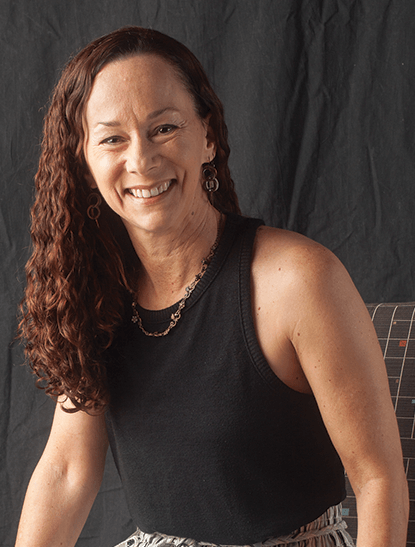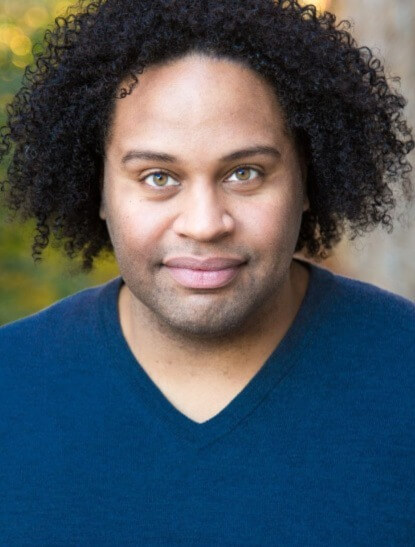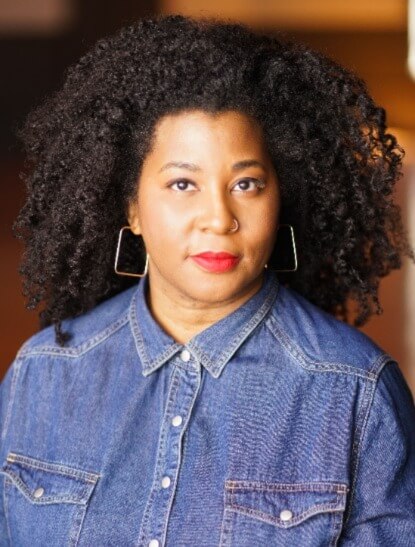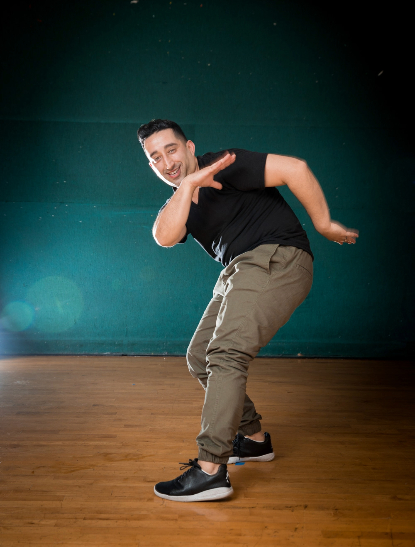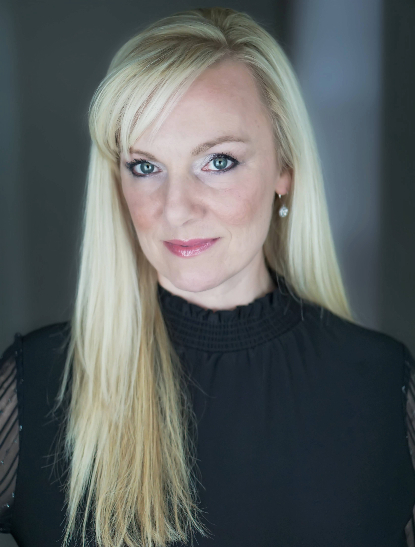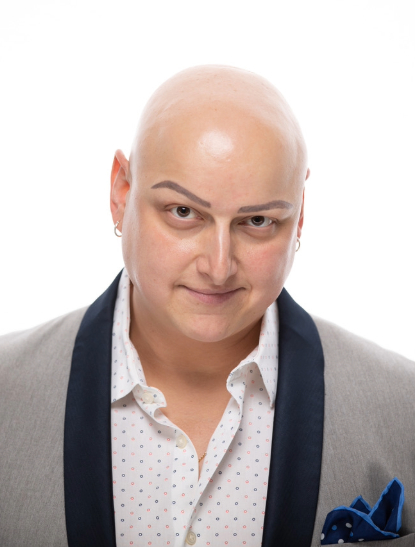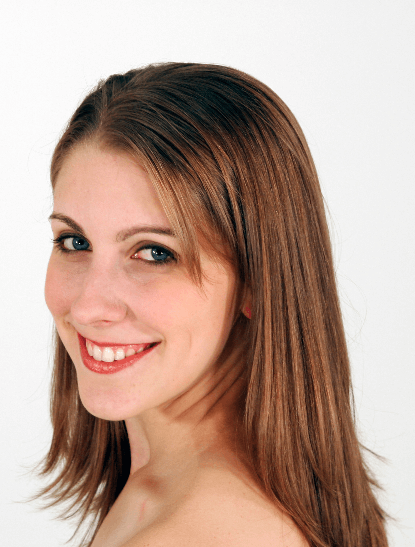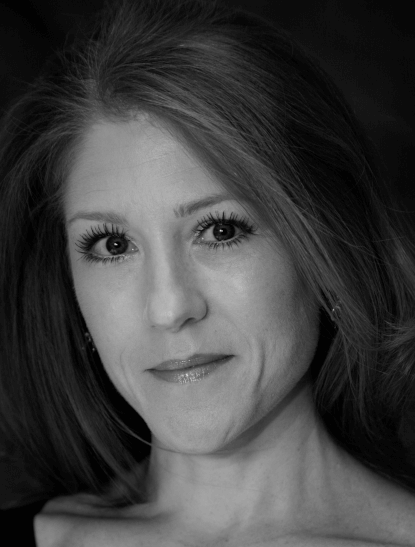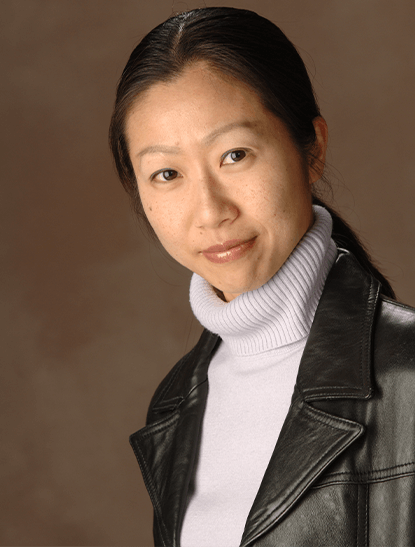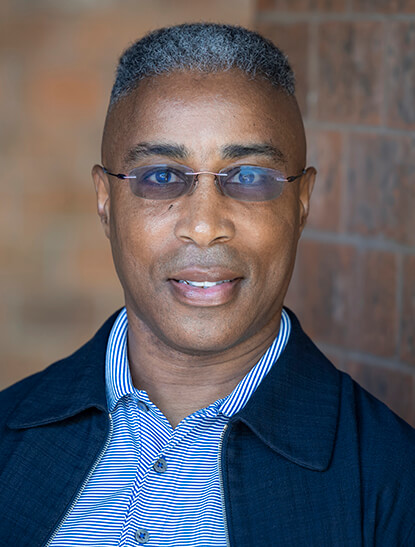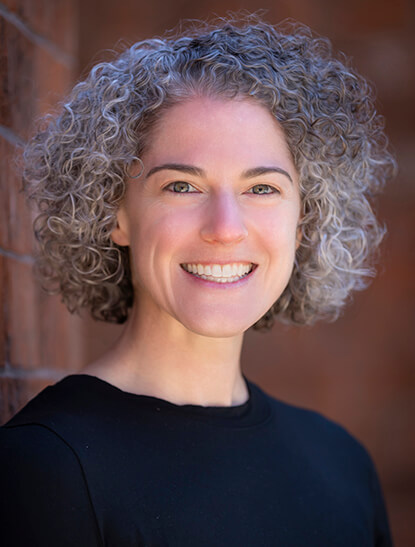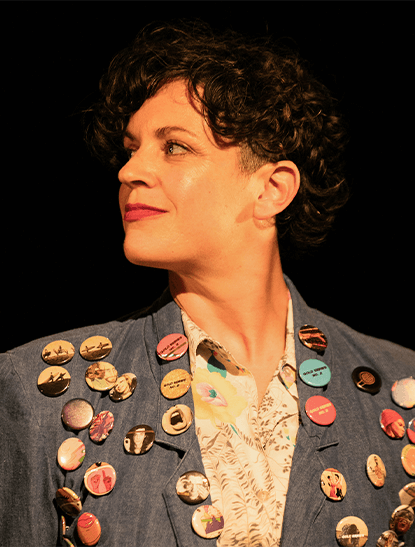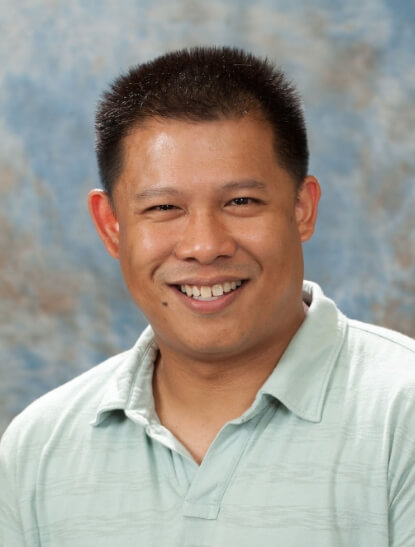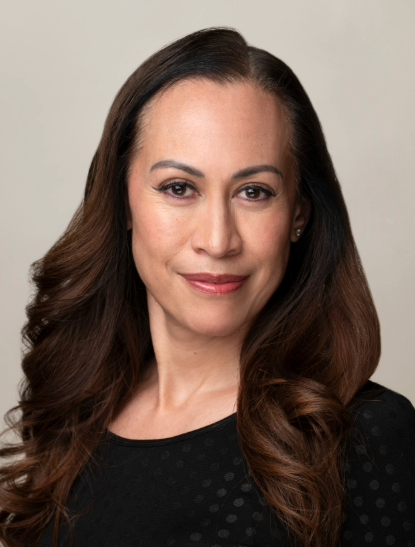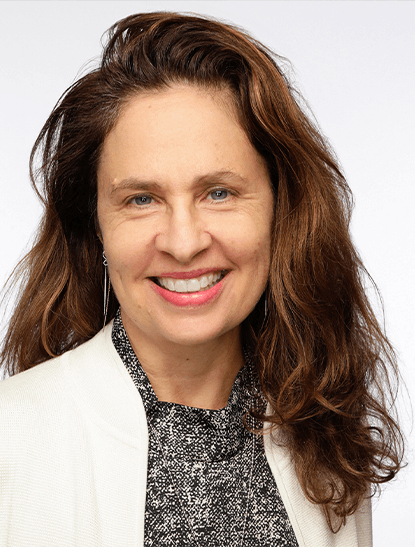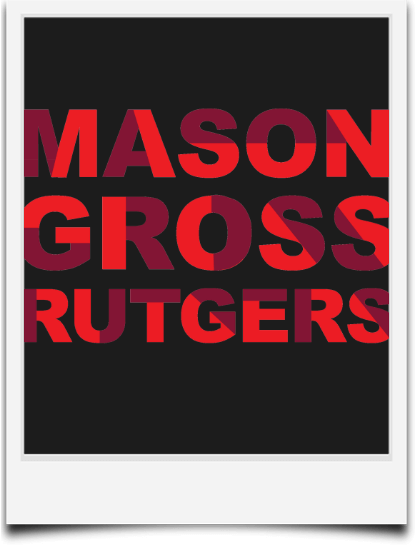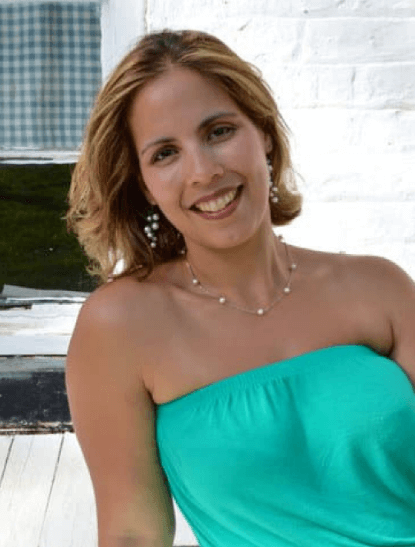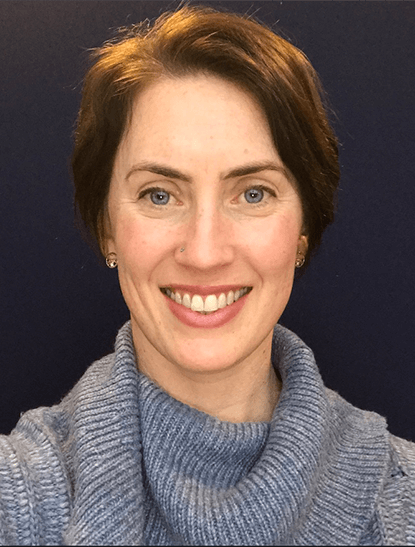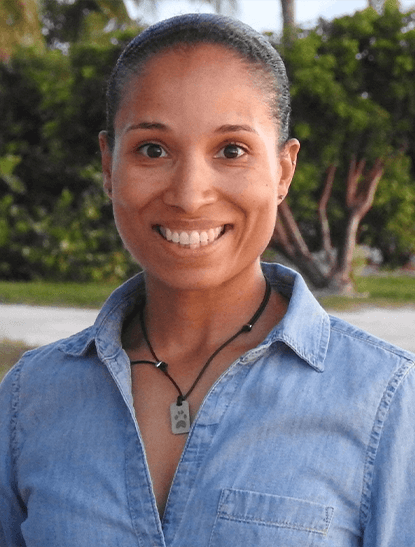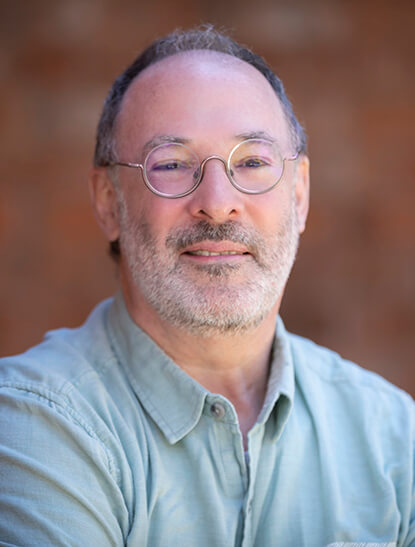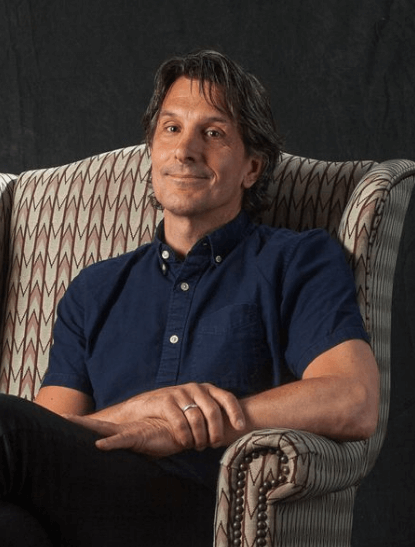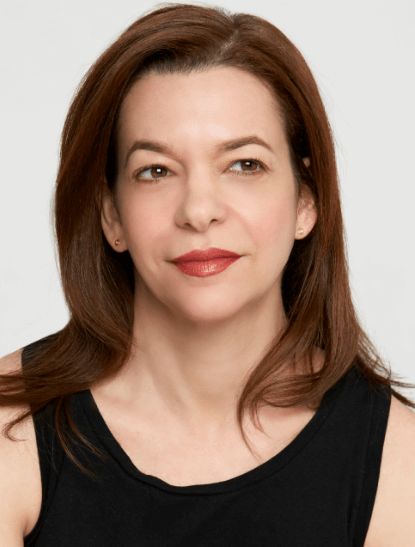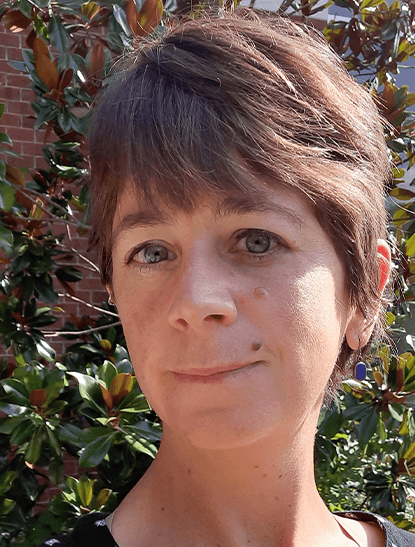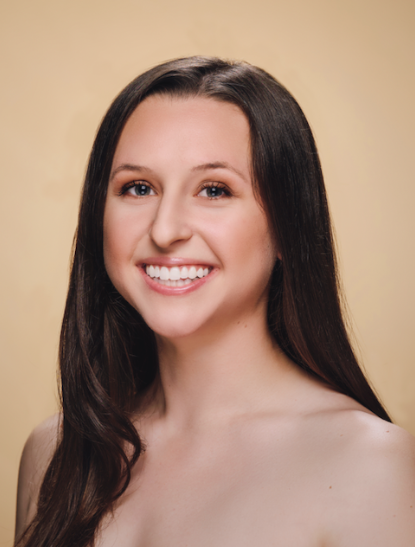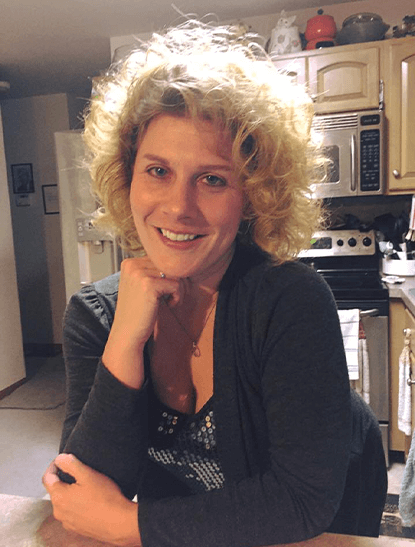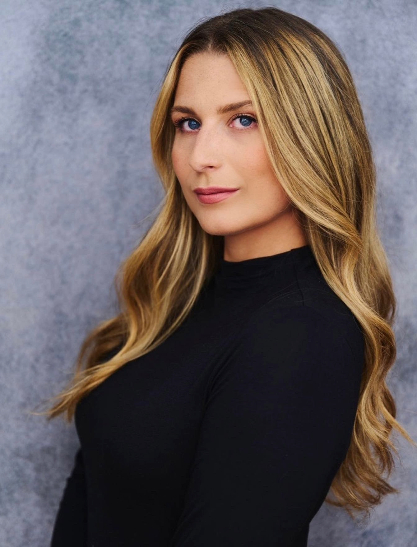The bachelor of fine arts (BFA) program in dance is for students seeking careers as professional dance artists who wish to pursue their goals within the artistic and intellectual climate of a major research university. The faculty’s diverse interests and accomplishments as artists, scholars, and educators ensure expert direction in all three areas of the curriculum: technique and performance, choreography, and theoretical studies. Students applying to the BFA in dance must submit an application to the Mason Gross School of the Arts and participate in an audition.
Bachelor of Fine Arts (BFA) in Dance
The Dance Department enrolls a cohort of approximately 40 students each year in the BFA degree program. BFA dance majors pursue their studies in a dedicated community that prioritizes their development as future artists, educators, and scholars. Students are guided to extend and refine their artistic potential through work in state-of-the-art studio and performance facilities just 45 minutes from New York City.
Learning Goals of the BFA in Dance
What students will know:
Upon completion of the BFA degree, our students will possess the knowledge and skills to constructively engage with diverse embodied practices and perspectives in the dance field, including historically marginalized practices; articulate how their intersectional identities connect to and impact their artistic/pedagogic/scholarly practices; utilize creative research methodologies; and engage with dance as a political, social, cultural, historical, and economic act.
What students will do:
Upon completion of the BFA degree, our students will be able to employ critical thinking and creative and scholarly research to become self-directed and self-managing leaders in the field. They will investigate, integrate, and synthesize embodied experiences (including creative and performance practices), writing, and teaching through artistic and scholarly methodologies.
What students will value:
Upon completion of the BFA degree, our students will have learned to value rigor in their artistic practices; self-knowledge and understanding of their positionality as an artist/educator/scholar; the potential of cross-curricular, multidisciplinary, and interdisciplinary engagements as resources within dance and related fields; the distinctive physical and cultural values of diverse movement practices; a social and environmental justice mindset; community service engagement; and wellness and self-care.
Career Outcomes
This degree program could lead to careers in:
- Performance
- Choreography
- Interdisciplinary arts
- Dance education (K–12, higher education, studio, community)
- Arts administration
- Dance filmmaking
- Lighting design
- Stage management
- Teaching Pilates and Yoga
- Dance history/scholarship
- Physical therapy
- African Diasporic Dance and Jazz
- Classical/Traditional
- Contemporary Fusion
- Dance Education
- Dance Production and Dance Film
- History, Theory, and Dance Studies
- Improvisation and Choreography
- Production and Sound
- Somatics and Wellness
The study of fusion dance forms evolved from traditional and contemporary African and African-American dance forms, offering practice in performance techniques.
Faculty
Pointe classes include participation in a ballet barre and center work. The focus will be on the practice and principles of the classical ballet vocabulary with an emphasis on strengthening foundational skills in pointe technique. Advice will be given on how students can best prepare and maintain their pointe shoes. Men’s ballet classes emphasize strengthening foundational skills in men's technique. Advanced-intermediate courses explore barre and center-floor ballet technique, emphasizing adagio, allegro, barre, and center floor work.
Faculty
Our modern technique courses allow students to practice advanced skills in modern dance. The Dance Rotation Workshop introduces BFA dance majors to diverse dance techniques and somatic practices through studio-based experiences including, but not limited to, Bartenieff Fundamentals, Bharatanatyam, Kathak, Klein Technique, Graham Technique, Cunningham Technique, contact improvisation, Gaga Technique, ballroom dance styles, yoga, capoeira, dance forms of the African diaspora, Latin dance forms, Asian dance forms, Pilates, Alexander Technique, and Feldenkrais Method.
Faculty
Faculty
Dance history and theory courses explore the study of dance in diverse cultures and times through film, video, reading, lectures, discussion, and directed research. Instruction includes the study of the influences on contemporary concert dance of diverse cultural, artistic, and social movements.
Faculty
Improvisation courses explore the use of kinetics, movement design, and spatial sensing as potential sources of movement and partner interaction. Students also learn to explore dance improvisation as the source of movement for choreography. The courses focus on the development of improvisational skills with an emphasis on form as an integral part of creative and performance processes through exploration of contemporary dance practice and interdisciplinary performance practices.
Choreography courses focus on development of solo and group choreographic process with emphasis on movement invention and experimental forms as well as communication through movement with emphasis upon structural development. The completion of all four courses culminates with individual creative projects resulting in the production of a dance concert.
Faculty
Production courses explore the theoretical and practical applications of computer, video, audio, and technical theater skills necessary to produce, promote, and direct a dance concert. Students develop skills in a fully equipped audiovisual computer laboratory with attached dance studio and two professional theaters. In the "Video for Dance" course, students explore communication through dance as a video art with emphasis on video shooting and editing techniques, environmental controls, and improvisational dance movement structures used in the creation of video dance projects.
Sound and movement courses focus on analysis of the relationships of music and dance in content, form, and structure. Study includes analysis of rhythmic structure relative to movement, sight-reading note values, movement dictation, and composition.
Faculty
Science and wellness courses explore functional human anatomy and the study of the scientific basis of human movement as they relate to dance training. Courses include somatic studies of diverse movement disciplines with programs for Pilates and yoga for dancers.
Faculty
Study Abroad
In the third year of study, BFA dance students are eligible to participate in study abroad programs through Rutgers Global.
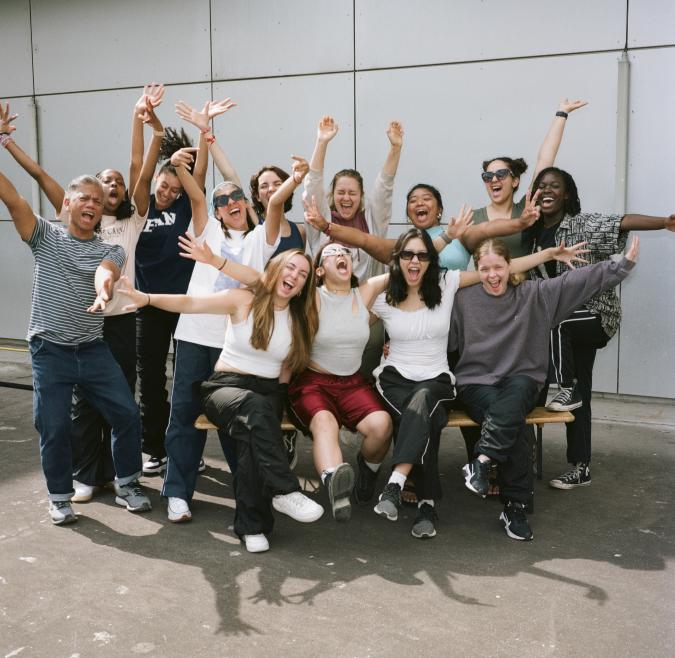
France: Camping (Summer)
The Camping: Dance, Choreography and Performance program centers around the Camping Festival, hosted by the Centre National de la Danse (The National Dance Center) of France, an international festival and platform of workshops, talks, film screenings, professional encounters, public presentations, and performances. A unique experience bringing together artists from around the world, Camping offers a unique artistic experience that immerses students into the international contemporary dance scene.
Israel: DanceJerusalem
The DanceJerusalem program in Israel, facilitated jointly by the Rothberg International School and the Jerusalem Academy of Music and Dance, combines artistic training in dance skills and technique with academic exposure to Israel’s social, historical, and cultural environment. Mason Gross BFA dance majors eligible for study abroad pursue artistic and technical training in classical ballet, contemporary dance (including Ohad Naharin’s GaGa technique), choreography, repertoire, and improvisation. Master classes with Batsheva dance company members and guest artist residencies provide students with unparalleled opportunities to create, rehearse, and perform works with outstanding Israeli composers and choreographers.
Italy: Accademia dell’Arte (Summer)
The Accademia dell’Arte program in Arezzo, Tuscany, Italy, is rooted in the European tradition of modern dance, German Ausdruckstanz and German dance theater. Mason Gross BFA dance majors eligible for study abroad can expect a program that features classical ballet, modern and post-modern performance techniques as well as somatic approaches with specific cultural movement traditions such as butoh or the traditional Italian tarantismo. Study abroad students in the Accademia’s dance program will enjoy an enriching and challenging encounter with European dance culture in a truly inspiring environment. Accademia dell’Arte aims to create an atmosphere that encourages authentic and individual expression thereby cultivating artistic development and personal growth.
United Kingdom: Trinity Laban Conservatoire of Music and Dance
As a BFA dance major, students can study at Trinity Laban Conservatoire of Music and Dance in London, United Kingdom, known internationally in the field of dance. The undergraduate program aims to prepare students for a successful career or further study in the competitive world of contemporary dance. Students can opt for this official study abroad program in their junior year.
BFA/EdM in Dance Education
This joint-degree track is an exceptional opportunity to earn an undergraduate degree in dance in a conservatory setting and a master’s degree in education in five years at a cost savings.
Students on the five-year BFA/EdM track overlap degree requirements at two different schools: Mason Gross School of the Arts and Rutgers Graduate School of Education. The BFA degree is conferred by Mason Gross School of the Arts at the end of the senior year. The EdM degree is conferred by the Graduate School of Education after an additional year of graduate studies. The five-year teacher education program in dance education leads to a bachelor’s degree, a master’s degree, and initial teacher certification.
The diverse interests of the Mason Gross and Graduate School of Education faculty ensure expert direction in four core areas of study: technique and performance, creative process and choreography, theoretical dance study, and dance education. Students on this track have many career options, including:
- Certified dance educators in PK–12 schools
- Educational leadership in community arts settings
- PK-12 dance teacher preparation on the university level
- Doctoral study
Dance Science Concentration
The BFA in Dance, with a Dance Science Concentration, open only to BFA Dance majors entering their second year of study, offers a course of study that combines the rigors of dance training with specific courses in the dance science fields of anatomy, physiology, biomechanics, kinesiology, motor learning, nutrition, and psychology. Students interested in careers such as dance, dance medicine, dance fitness, or graduate education in the areas of dance science or related dance studies participate in the BFA curriculum and take classes in collaboration across Rutgers University schools such as the School of Environmental and Biological Sciences (SEBS), which will host anatomy and physiology and sports nutrition courses. Students will also be exposed to leadership training within diverse community settings.
Curriculum Requirements
CONCENTRATION HIGHLIGHTS AND OPPORTUNITIES:
Guest Artists, Scholars, and Dance Scientists
Mason Gross Dance invites guest artists and scholars to campus each year, including dance scientists. Guests engage students through repertory residencies, master classes, workshops and lectures.
The Soma Center and Somatic Teacher Training
Dance faculty within the BFA dance curriculum instruct in areas of Kinesiology, Anatomy, Yoga, Laban Movement Analysis, and Bartenieff Fundamentals and often utilize the Soma Center in their coursework. Dance science concentration students can work closely within the Somatic Movement Practices during their time at Rutgers.
Study Abroad and International Summer Training Programs
As a BFA dance major, Dance Science Concentration students can study and network with expert Dance Science faculty at Trinity Laban Conservatoire of Music and Dance in London, United Kingdom, known internationally in the field of Dance Science and founding partner of the National Institute of Dance Medicine and Science. Students can opt for this official Study Abroad program in their junior year.
Movement classes through the Integrated Dance Collaboratory (IDC)
The Mason Gross School of the Arts Integrated Dance Collaboratory (IDC) researches and promotes the role of dance as an effective intervention for public health, wellness, education, and the professionalization of integrated dance arts. Students concentrating in dance science have opportunities to gain experiential learning as assistants, or participants, in 2 distinct movement programs for the community: Dance for Parkinson’s and Neuromuscular Conditions and Movement Class for Neurodivergent People.

